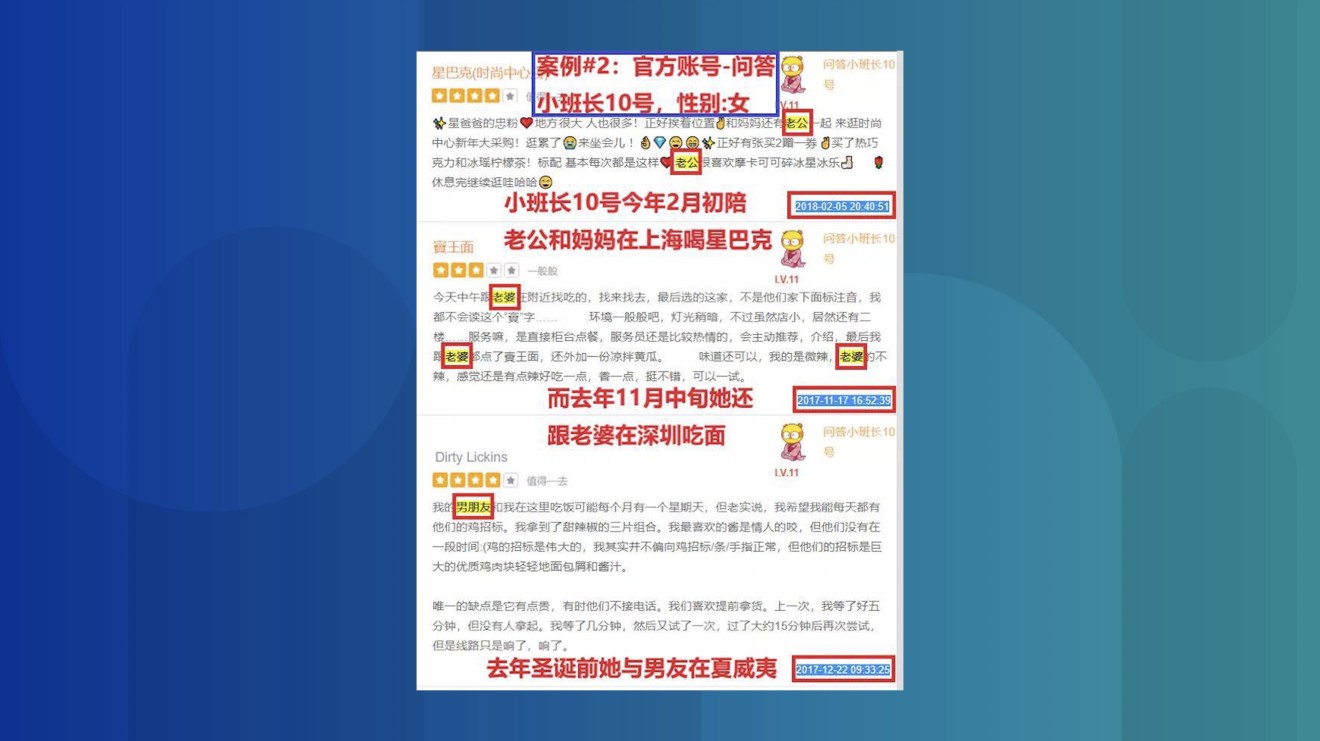
Travel platform accused of ripping millions of reviews from other sites
Mafengwo denies the accusation, calling it an "organized attack"
Vacation planning today often involves reading comments on travel review sites, hoping to learn from genuine and honest insights left by real guests and tourists who’ve been before us. But what if those reviews were just copied or fabricated?
Hooray Data did not immediately respond to our request for comment.

The manager of the Xiaosheng Bibi account told us he was approached by Hooray Data, who entrusted him to expose the numbers -- and said they have another related article coming later Monday. The first article was widely circulated on social media, with one Weibo page about the topic drawing more than 19 million views.
Meanwhile, Mafengwo also said it has “cleaned up” accounts that were involved with fake reviews and pointed out that restaurant reviews -- the focus of the accusation -- make up less than 3 percent of all user-generated content on the platform, which includes travel guides and long-form diaries.
The article, first published on WeChat, has been labeled as “disputed” by WeChat, with Mafengwo’s response attached below the original article.
(Abacus is a unit of the South China Morning Post, which is owned by Alibaba, which also owns Fliggy.)
21 million people walked less than 100 steps in a day during China’s Golden Week holiday
For more insights into China tech, sign up for our tech newsletters, subscribe to our Inside China Tech podcast, and download the comprehensive 2019 China Internet Report. Also roam China Tech City, an award-winning interactive digital map at our sister site Abacus.
For more insights into China tech, sign up for our tech newsletters, subscribe to our Inside China Tech podcast, and download the comprehensive 2019 China Internet Report. Also roam China Tech City, an award-winning interactive digital map at our sister site Abacus.

